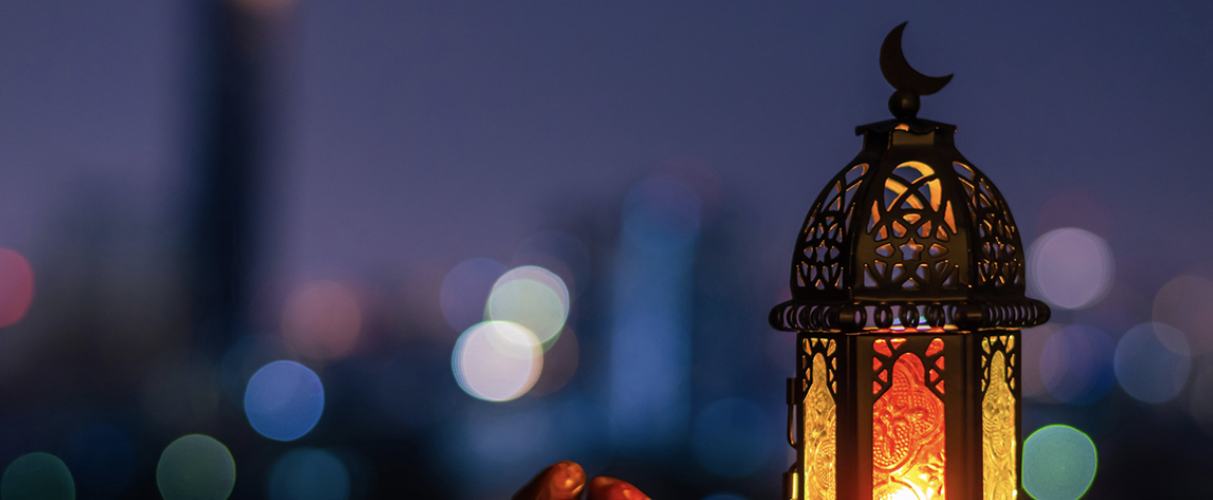In late March, Ramadan commenced for the 2023 year. Beginning on March 22nd, millions of Muslims began their month of fasting which is set to last until April 20th. Although many have heard about the month, some may still have questions. What is Ramadan? What does fasting consist of? How can non-Muslims honor this special month? Let’s break it down below.
Ramadan is recognized as the holy month within the Muslim community. Deemed the sacred month, Muslims believe that the month of Ramadan is when God first spoke the lines of the Qu’ran to Prophet Mohammed. Over the course of 30 days, Muslims fast from dawn to sunset, abstaining from all food and drinks (including water), sexual acts, and smoking.
To start the day, Muslims will wake up before dawn to eat and recite the morning prayer. After that, fasting begins with prayers conducted throughout the day at the designated time. Once sunset hits, the fast is typically broken with a light meal (iftar) before saying the evening prayer.
The purpose of fasting is to engage in purification and spiritual discipline. With an emphasis on strengthening one’s relationship with God, engaging in charity, and placing yourself in the shoes of the less fortunate. Fasting calls for reflection and change. At the end of the 30 days, the month of fasting is celebrated with a 3-day festival, Eid-al Fitr.
For Muslim Howard students, The Office of the Dean of Chapel has provided numerous accommodations for fasting. With an arrangement with Sodexo, students are permitted to take their evening meals to go so that they have food to break their fast at the right time. The arrangement also includes an option where students can grab a breakfast box to eat before their fast.
The office has also outlined prayer rooms across campus for students to access throughout the day. This includes the dedicated prayer room in the Blackburn Center, a room in the Health Sciences Library, a prayer room in the College of Medicine, a room in the School of Business, and a prayer space in the Carnegie Building, where night prayers are also held Monday-Friday.
If you are a non-Muslim, you can honor Ramadan by participating in fasting, even if it is just for one day. In addition to this, you can be mindful of your interactions with Muslims by avoiding food offerings and more. Lastly, don’t hesitate to wish any Muslims in your life a happy Ramadan by saying “Eid Mubarak!”










Recent Comments